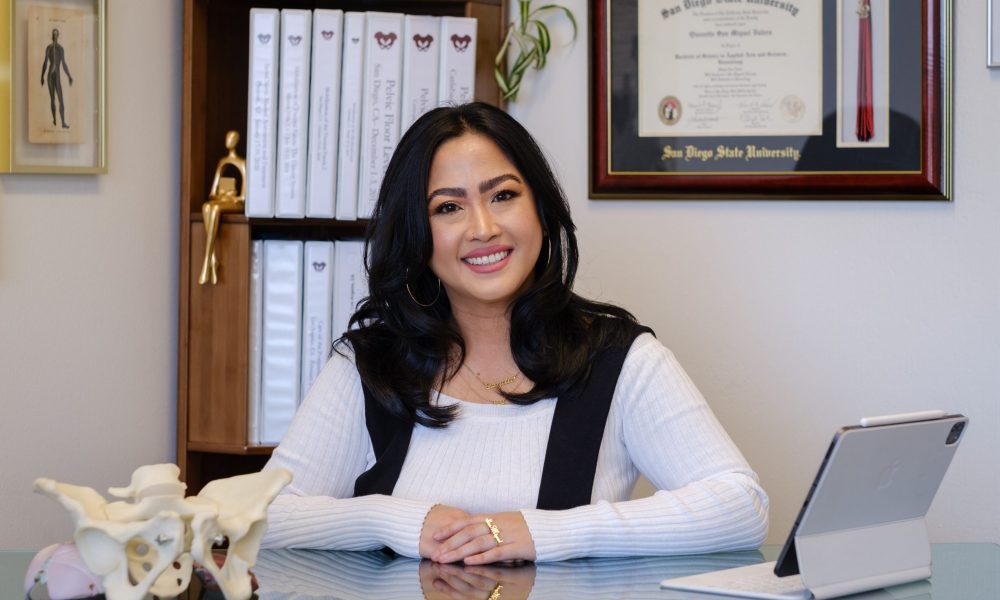

Today we’d like to introduce you to Quozette Valera.
Hi Quozette, we’d love for you to start by introducing yourself.
Well, I think it might be easier to work backward. I currently live and work in my hometown of Long Beach, CA at a private practice pelvic floor therapy clinic. I originally thought I was going to be an orthopedic physical therapist (which I was for the first three years of my career, and for the most part still am) but after I realized how much I enjoy the pelvic health specialty, I decided to pursue it full-time. Five years ago, I intentionally joined the practice I’m at now to help bring an insurance-based specialty clinic to Long Beach. If you look on a map, you’ll find that most pelvic floor therapy practices are based in Los Angeles proper, and Orange County, and a majority of those places don’t accept or aren’t in-network with insurance (for good reason, because working with insurance can be a pain in the ass). It’s been a journey, but I’m proud to have helped make this specialty more accessible to the community.
My decision to pursue a career in physical therapy originally developed from my fascination with the human body. I chose to major in Kinesiology after I took my first anatomy class as an elective in my junior year of high school (jackrabbits, swoop swoop!). Now that I’m back in Long Beach, I guess you could say I’ve come full circle. There’s no better feeling than serving the community that made me who I am.
Would you say it’s been a smooth road, and if not what are some of the biggest challenges you’ve faced along the way?
Academically, it’s been mostly smooth. I’m a child of immigrants, so schooling was always a priority, and my parents did everything they could to make sure I had an education. In terms of career choice, I was fortunate enough to choose a major that I truly enjoyed learning about, so I excelled in college. Graduate school on the other hand was pretty humbling. I was actually waitlisted at my first choice DPT program, which was a bit of a blow to the ego.
Physical therapists are experts in the musculoskeletal system, and that’s because our training requires us to have an extremely deep understanding of anatomy, physiology, kinesiology, and biomechanics. Those systems are complex, and though I enjoy learning about them, graduate-level education takes learning to a different level. Rote memorization doesn’t cut it, and trying to get my brain to adapt to a new way of thinking/reasoning was really grueling. I can’t say that I ever contemplated quitting, but over those three years, there definitely were waves of self-doubt and anxiety. Add that to sleep deprivation, having very little of a social life, and the weight of the six figures of student loan debt I took on to even pursue a DPT in the first place, I was mentally running on fumes for a lot of it. And though I passed the national board exam after getting my DPT, I had to take the California law portion of the board twice. I’m not a great multiple-choice test-taker, and the anxiety I had preparing for those boards was intense.
I didn’t always know I’d specialize in pelvic health, and now that I’ve been doing this exclusively for five years, I have to say that an ongoing challenge is getting a front-row seat to how dysfunctional our healthcare system(s) are and seeing the consequences of that manifest in people’s quality of life (or rather, lack thereof). Pelvic health issues affect the most intimate parts of our physical lives. I mean, we’re talking bladder, bowel and sexual function, which are so personal. Anyone who has pursued pelvic floor therapy can speak to the vulnerability of the process. On top of that, we’re walking alongside people navigating postpartum transition, parenting, fertility struggles, miscarriages, sexual assault, medical trauma… the list goes on. It definitely gets heavy. And don’t even get me started on the lack of parental leave, the issues with privatized insurance payers, and the current state of obstetrics/birth outcomes in the US and all the unnecessary suffering all of that causes. It’s a mess.
A colleague that I consider a mentor often says that we are in a specialty that helps people reclaim their dignity, which I always thought was a beautiful way to look at it. Whenever I feel the heaviness of the specialty, I use that as an affirmation to snap out of it and keep on keeping on.
Appreciate you sharing that. What else should we know about what you do?
My paper title is Doctor of Physical Therapy, and I specialize in pelvic health, which deals with the systems involving bladder, bowel, and reproductive/sexual function. My background is in orthopedics, and my last internship before getting my doctorate was on a military base where I was trained by some brilliant and highly skilled PTs, so I incorporated a lot of biomechanical and neuromotor training into the way I practice. I’m also heavily trained in manual (hands-on) therapy, so soft tissue work and visceral manipulation are a large part of my sessions. My patients always joke about how they come to therapy to get their belly rubbed. It’s of course more technical than that, but as long as they feel better, they can describe it however they want.
I also have formal training as a postpartum doula and childbirth educator. Pelvic health therapists see people across the entire anatomical and gender identity spectrum, but majority of the people we work with are those navigating the prenatal to postpartum transition. Having worked with so many individuals in different phases of that milestone, hearing their stories, their struggles, and helping them get their lives back is what motivated me to become more active in birthwork. Teaching childbirth education, training doulas, and presenting to/collaborating with L&D nurses wasn’t part of the original plan, but I like to think that this much-needed work found me.
I work closely with a few local physicians and surgeons who have been kind enough to let me shadow them in the office and operating room which has helped me deepen my knowledge of urological & gynecological procedures and medical management. I’m big on patient advocacy, and I often feel that a significant part of my role as a therapist is acting as a kind of medical/healthcare translator for my patients and I’m really proud of my ability to help people understand their bodies better. I’ve been told by patients and professionals I’ve trained/mentored or have seen/heard me speak that I’m able to explain complex concepts in a very digestible way.
A cornerstone of providing high-quality pelvic floor therapy is education. We are psychosomatic beings, and people get better when they understand what the body is supposed to be doing and the reasons why it may deviate from that. Giving people that information in a way that clicks for them is something I’ve felt I’ve mastered in the most recent years of my career, and I’m really proud of that. I’m a talker, so it’s really nice to know that I can put that to use in a way that helps people regain the agency of their bodies.
How do you think about happiness?
Professionally speaking, it’s watching people get their lives back. There’s something so magical about witnessing someone evolve into a healthier version of themselves. I mean, people who couldn’t leave the house without knowing where every restroom is (for fear of leakage), or completely stopped exercising because of their symptoms, or couldn’t walk for several months after giving birth, or haven’t had sex in decades because of it’s so painful are getting back to themselves. The joy I get from that is unmatched.
Personally speaking, I’m a lover of good conversation. I love learning things. And I reallyyyyyyy love music. Playlists are one of my love languages and concerts are always on my agenda. Nothing makes me happier than spending time with my friends over a meal, exchanging thoughts, ideas, and opinions on basically any topic really. Bonus points if we’re somewhere outside, and/or good music is on in the background.
Contact Info:
- Website: drqdpt.com
- Instagram: https://www.instagram.com/drq.dpt/
- Linkedin: https://www.linkedin.com/in/drqdpt/

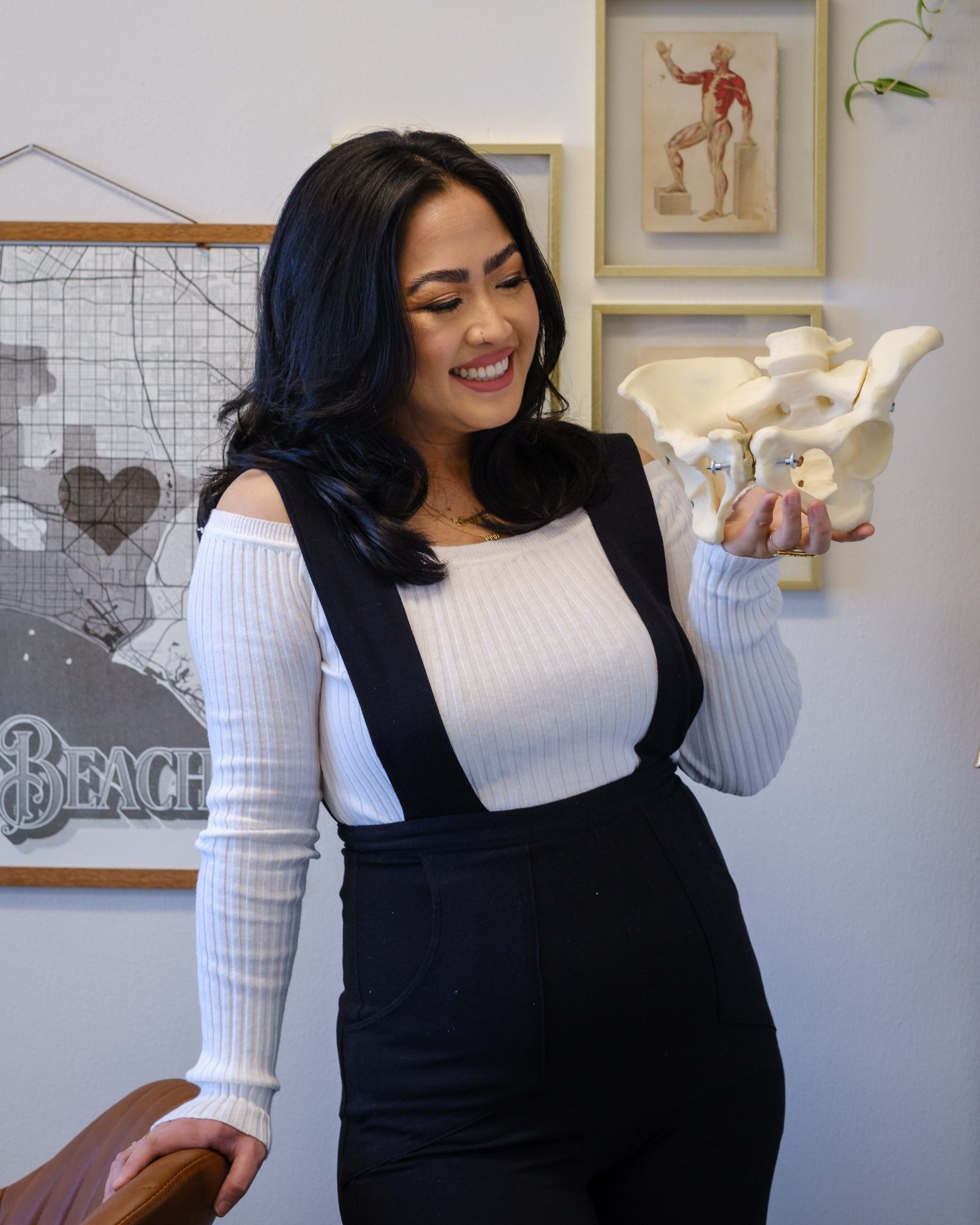
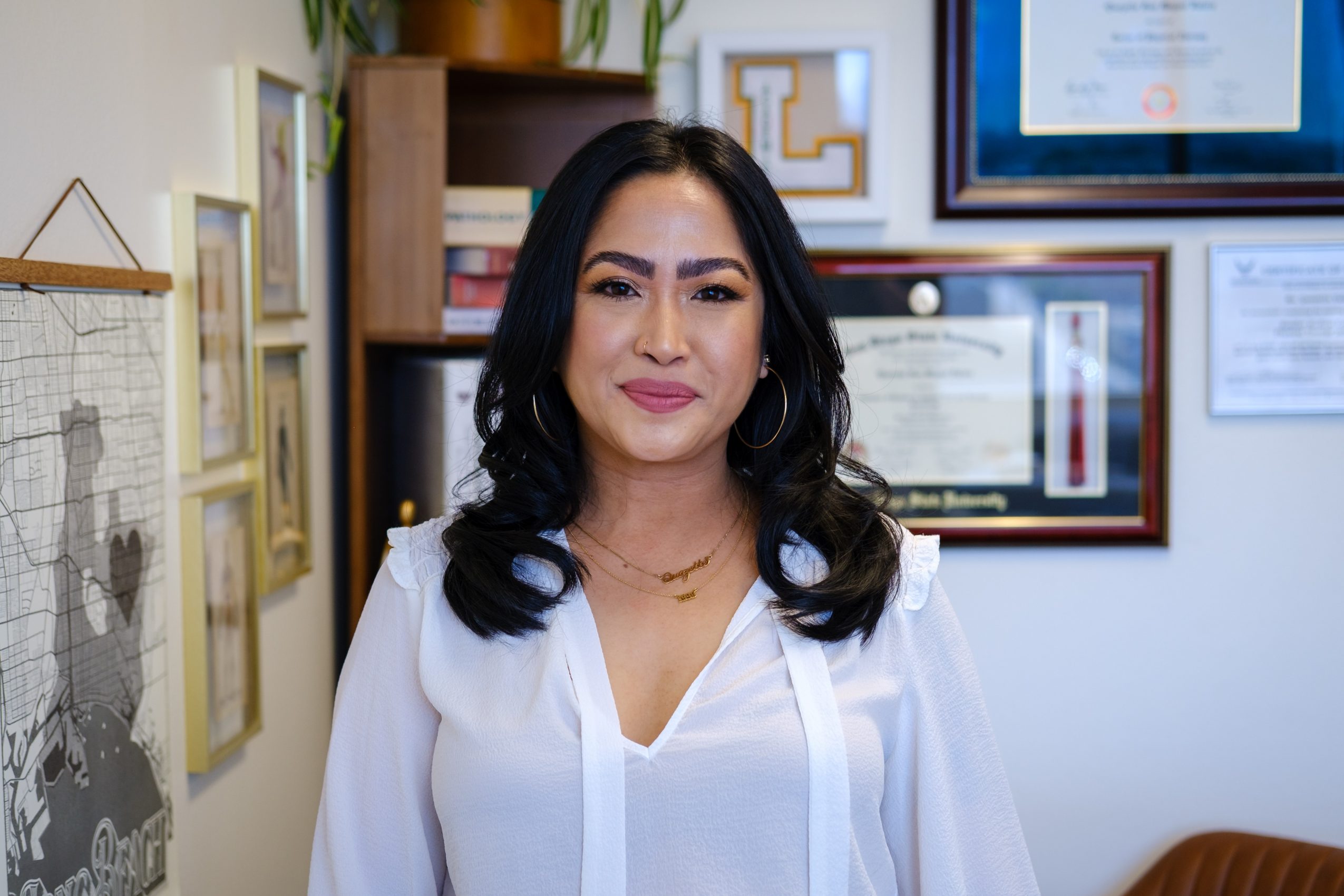
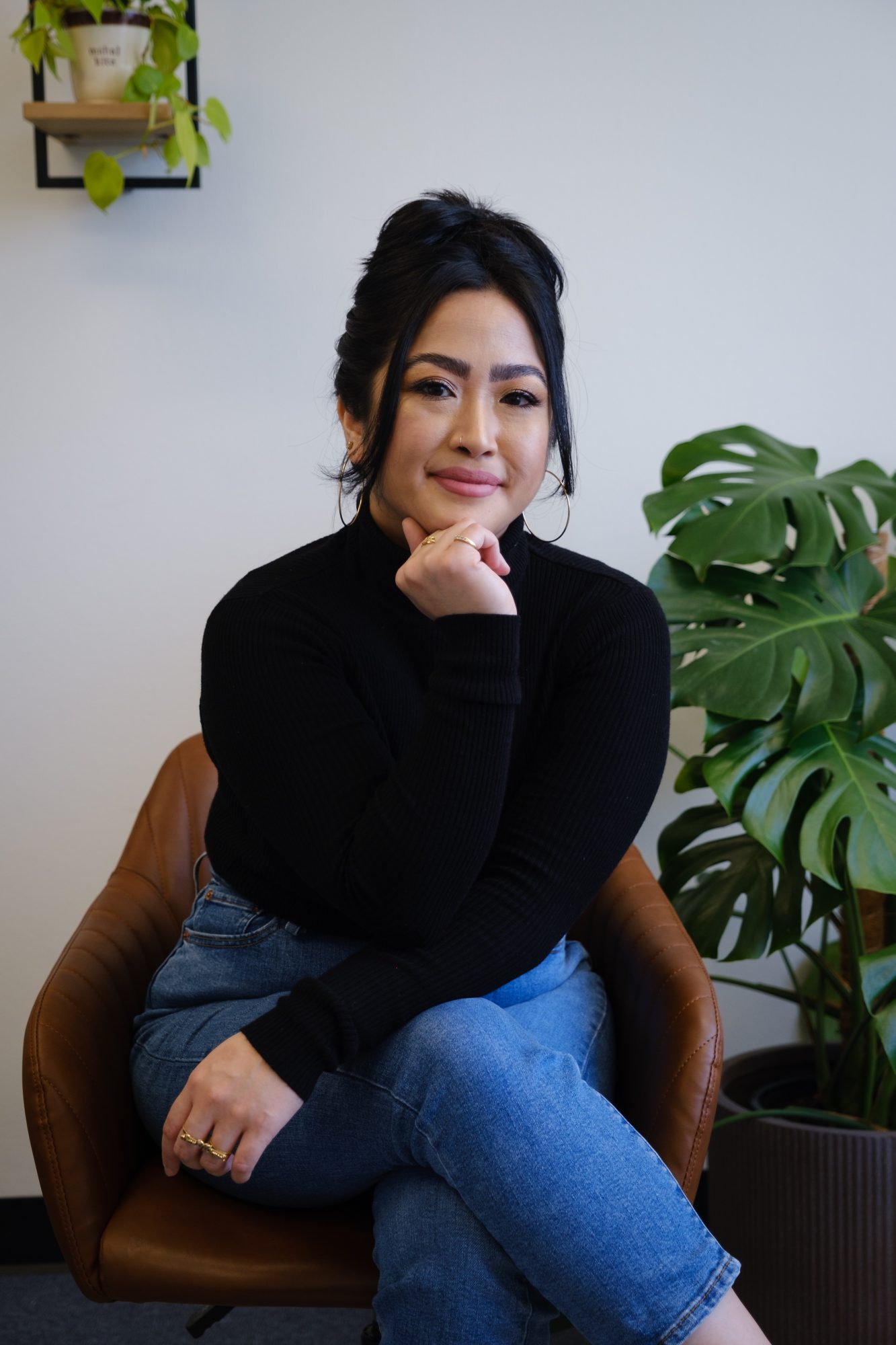
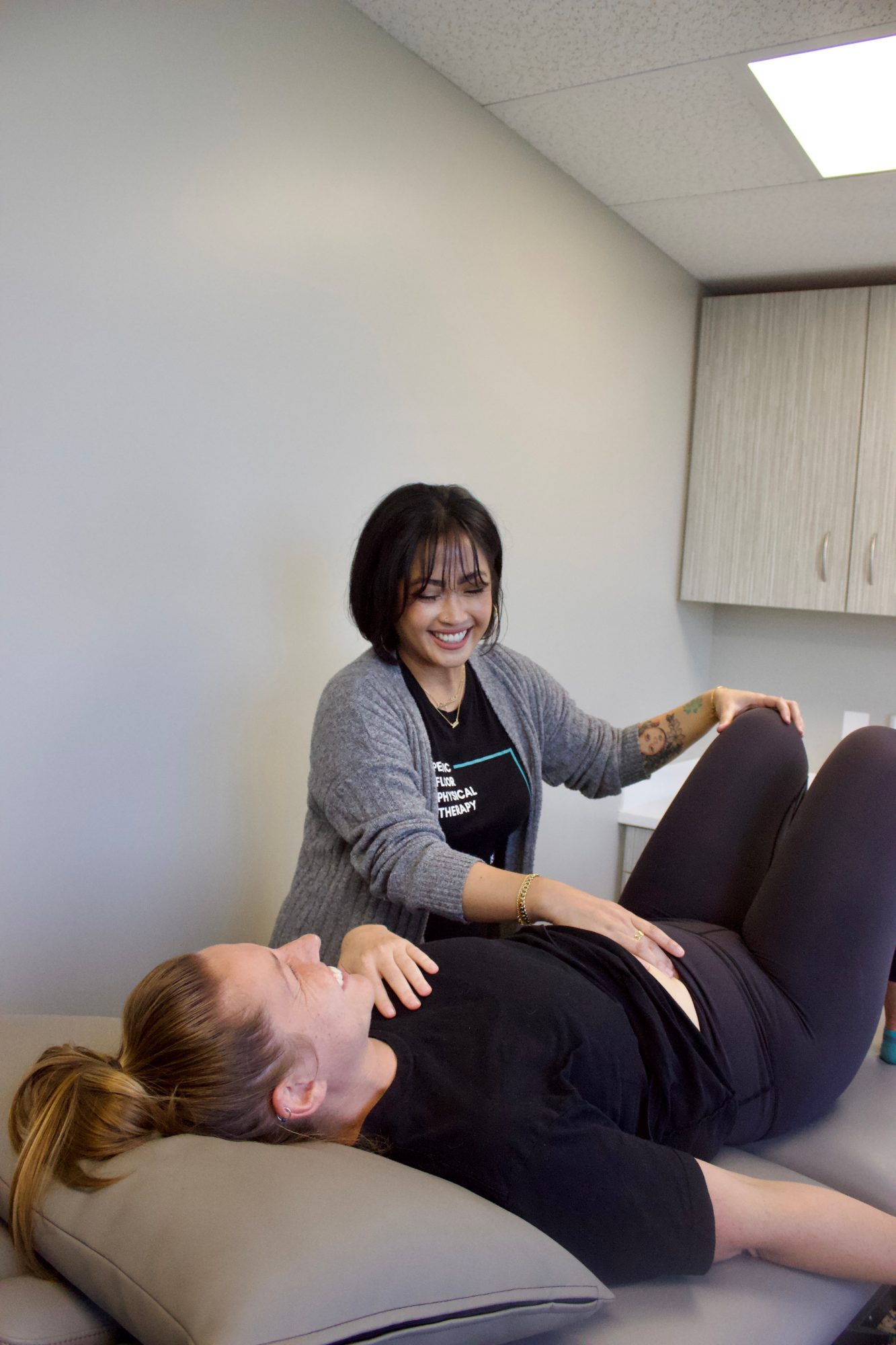
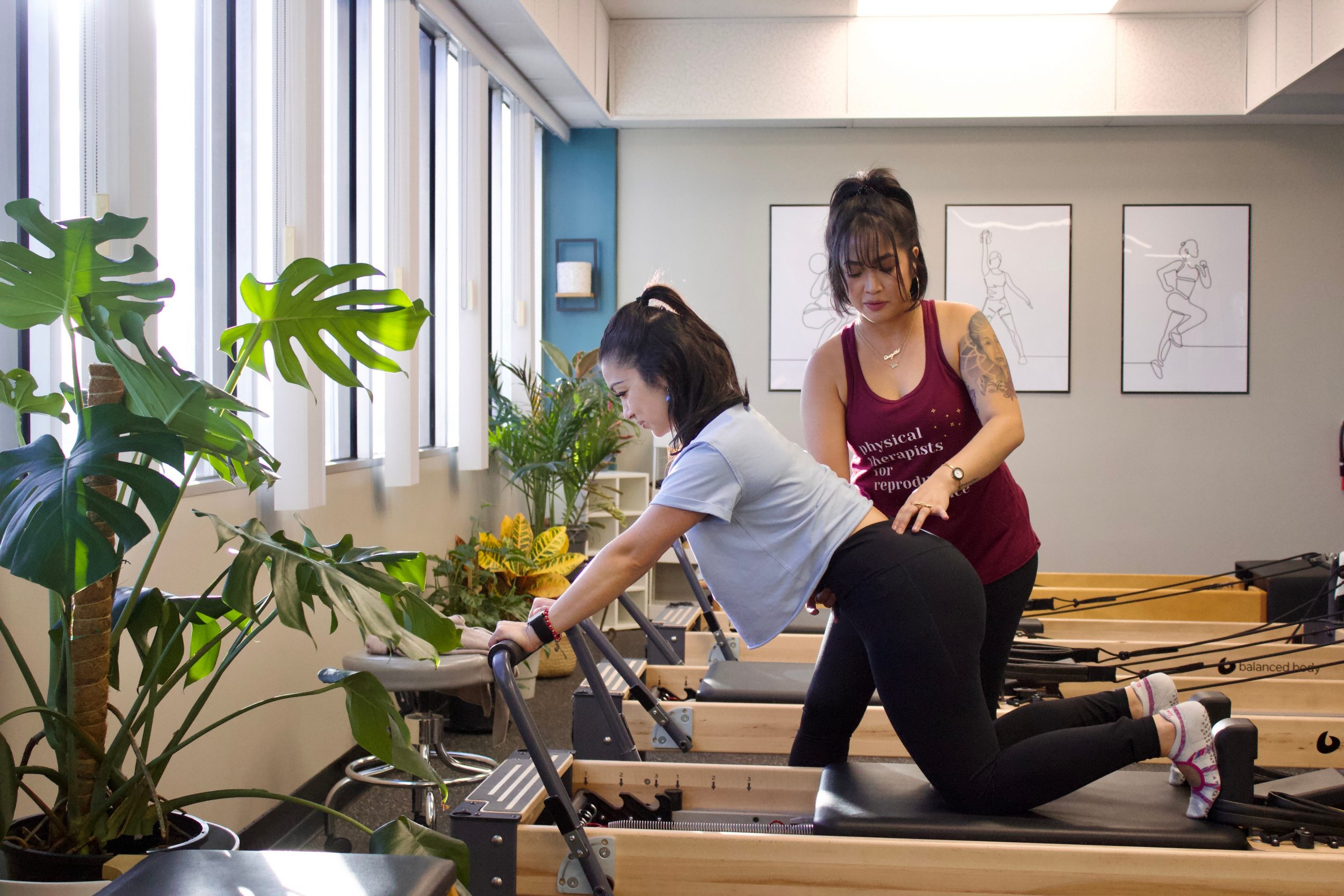
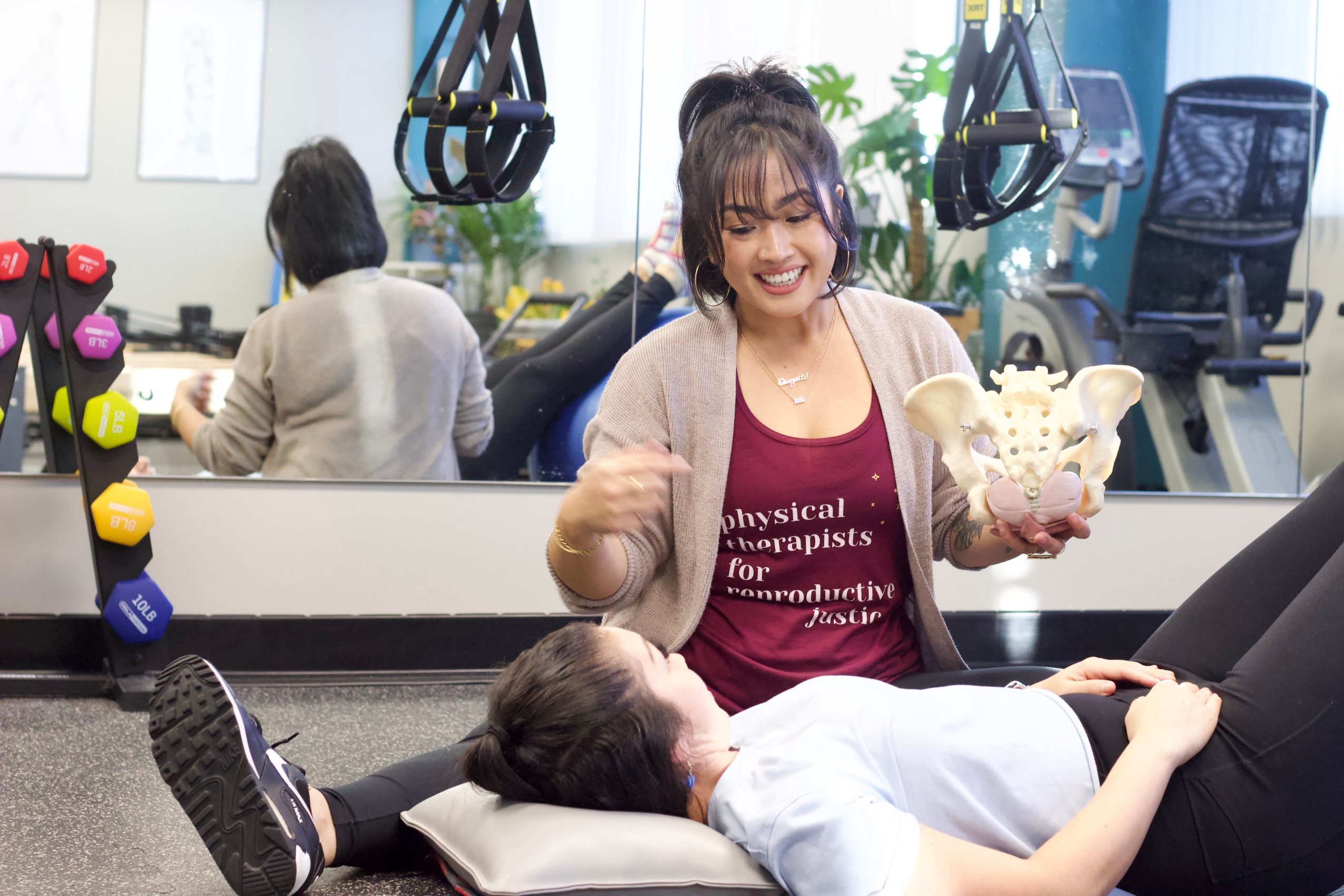
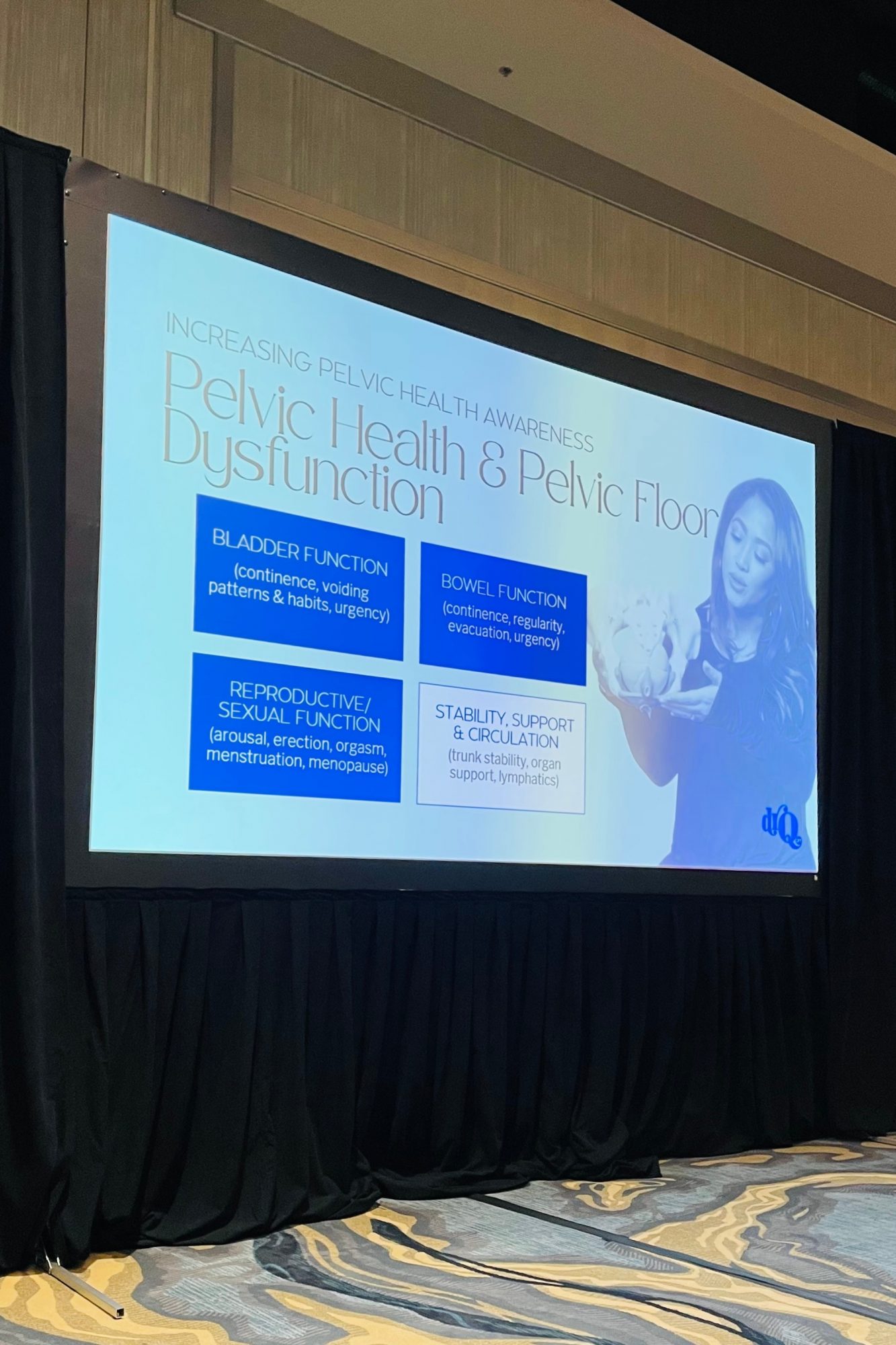
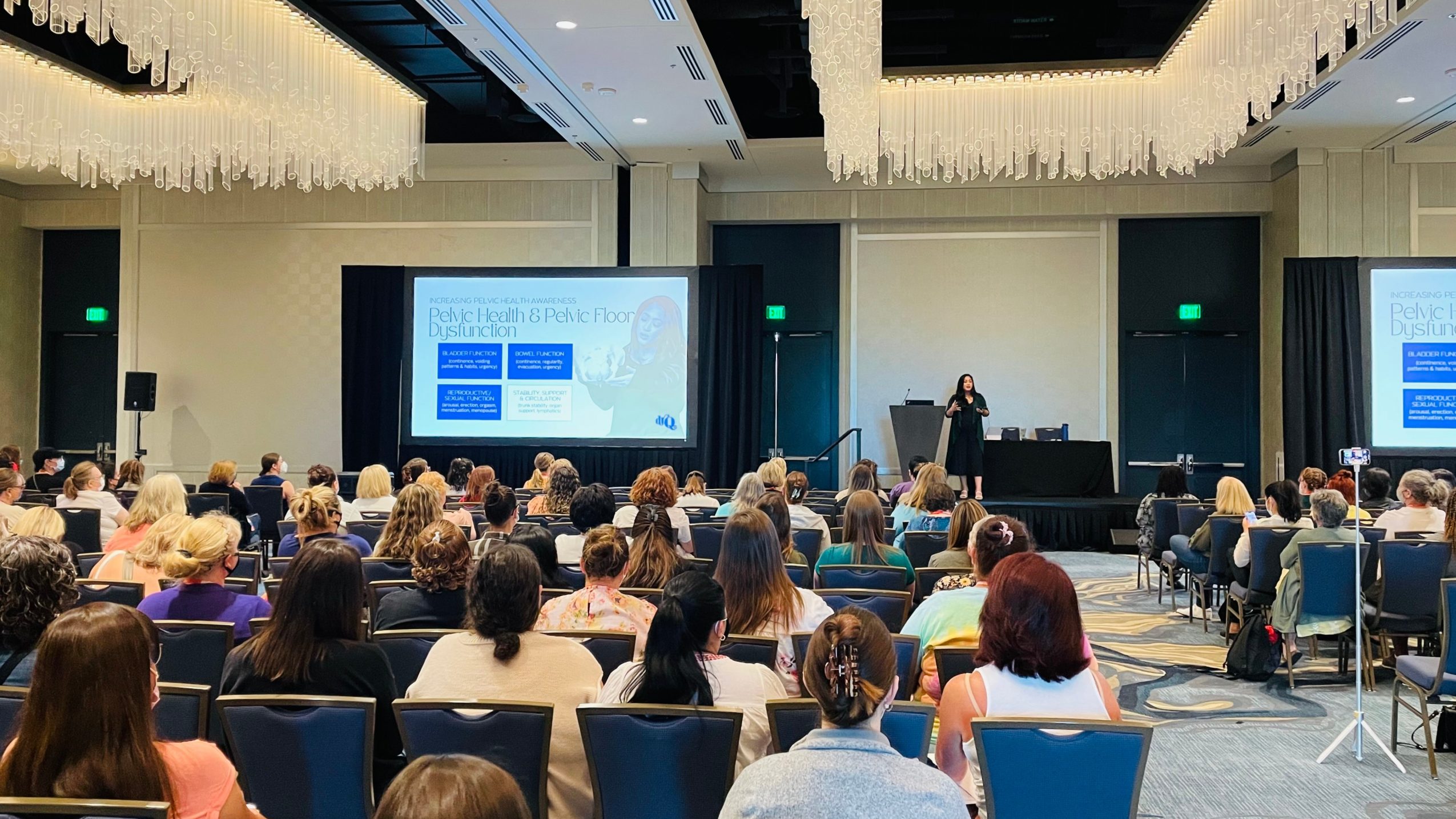 Image Credits
Image Credits
Vinh Le Karmina Limfueco














